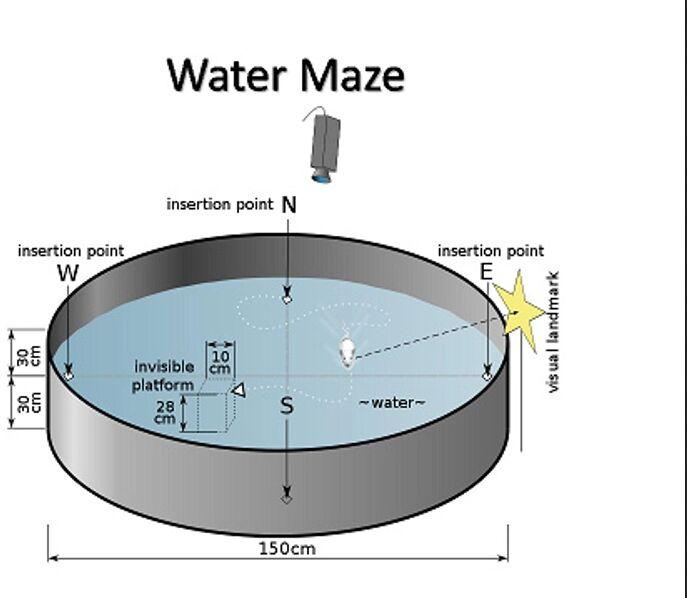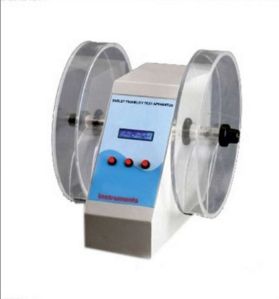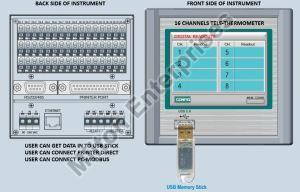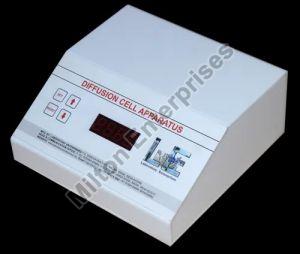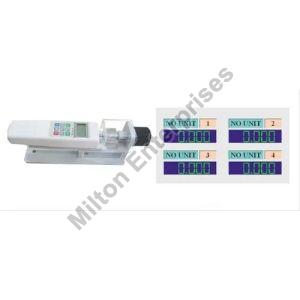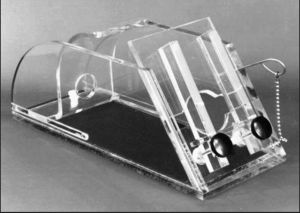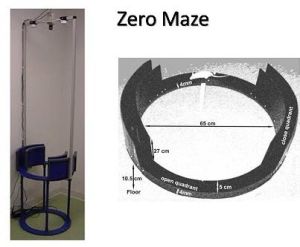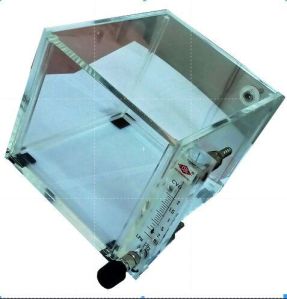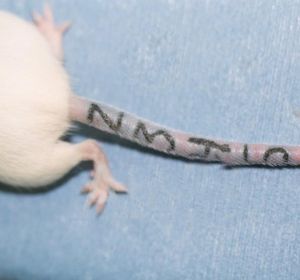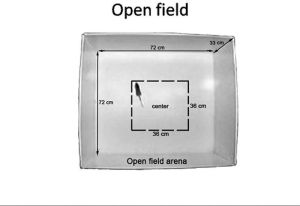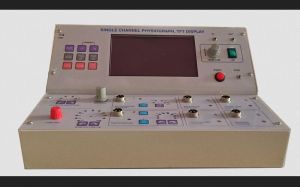login2le@gmail.com +91-9272111897, +91-9168129688
- Send SMS Send Email
| Business Type | Manufacturer, Exporter, Supplier |
| Brand Name | MILTON |
| Driven Type | Electronics Laboratory Instruments |
| Color | Grey |
| Click to view more | |
Preferred Buyer From
| Location | Anywhere in India |
Product Details
The water maze, often referred to as the Morris Water Maze (MWM), is a widely used experimental apparatus in behavioral neuroscience for assessing spatial learning and memory in rodents, particularly rats and mice. Here are the primary uses and significance of the water maze in research: Primary Uses of the Water Maze Assessment of Spatial Learning and Memory: Spatial Navigation: The MWM is primarily used to study spatial navigation. Rodents must learn to locate a hidden platform submerged just below the water surface using spatial cues around the maze. Reference Memory: The test assesses the rodent's ability to remember the location of the hidden platform over repeated trials and across days, providing a measure of long-term spatial memory.. Improved performance, such as faster learning and quicker location of the platform, suggests the drug's potential as a cognitive enhancer. Cognitive Impairments: The MWM is also used to model cognitive impairments due to factors such as aging, neurodegenerative diseases (e.g., Alzheimer's disease), brain injuries, or genetic modifications. Poor performance indicates deficits in learning and memory. Studying the Effects of Neurotransmitter Systems: The MWM helps investigate the roles of various neurotransmitter systems (e.g., cholinergic, glutamatergic, dopaminergic) in spatial learning and memory. By administering specific receptor agonists or antagonists, researchers can elucidate the involvement of these systems in cognitive processes. Behavioral Phenotyping: The MWM is used for behavioral phenotyping of different rodent strains or genetically modified animals. It provides insights into the genetic and molecular basis of spatial learning and memory. Neurodevelopmental Studies: Researchers use the MWM to study the effects of early-life experiences, environmental factors, and developmental processes on spatial learning and memory. Neuroplasticity and Brain Function: The MWM is valuable for studying neuroplasticity, brain function, and the effects of various interventions (e.g., exercise, enriched environments) on cognitive abilities. Procedure Overview Apparatus Setup: The MWM consists of a large circular pool filled with opaque water to hide a submerged platform. The pool is usually divided into quadrants, with spatial cues placed around the room to aid navigation. Training Sessions: Acquisition Phase: During training, rodents are placed in the pool and allowed to swim and search for the hidden platform. They use distal spatial cues to learn the platform's location over multiple trials. Probe Trials: In probe trials, the platform is removed, and the rodent's search pattern is observed to assess memory retention. Time spent in the target quadrant (where the platform was located) is measured. Testing Sessions: Retention Tests: These tests assess how well the rodent remembers the platform location after a delay period, which can range from hours to days. Reversal Learning: In reversal learning tasks, the platform is moved to a new location, and the rodent's ability to learn the new location is tested, assessing cognitive flexibility. Data Analysis: Key metrics include the latency to find the platform, path length, swim speed, time spent in the target quadrant during probe trials, and search strategies. These measures provide insights into spatial learning, memory, and cognitive flexibility. Significance in Research The Morris Water Maze is a powerful tool in neuroscience and behavioral research due to its ability to provide robust and reliable measures of spatial learning and memory. Its applications span various areas, including: Drug Development: Testing the efficacy of potential treatments for cognitive disorders.
Looking for "MORRIS WATER MAZE FOR RAT & MICE" ?
Explore More Products


